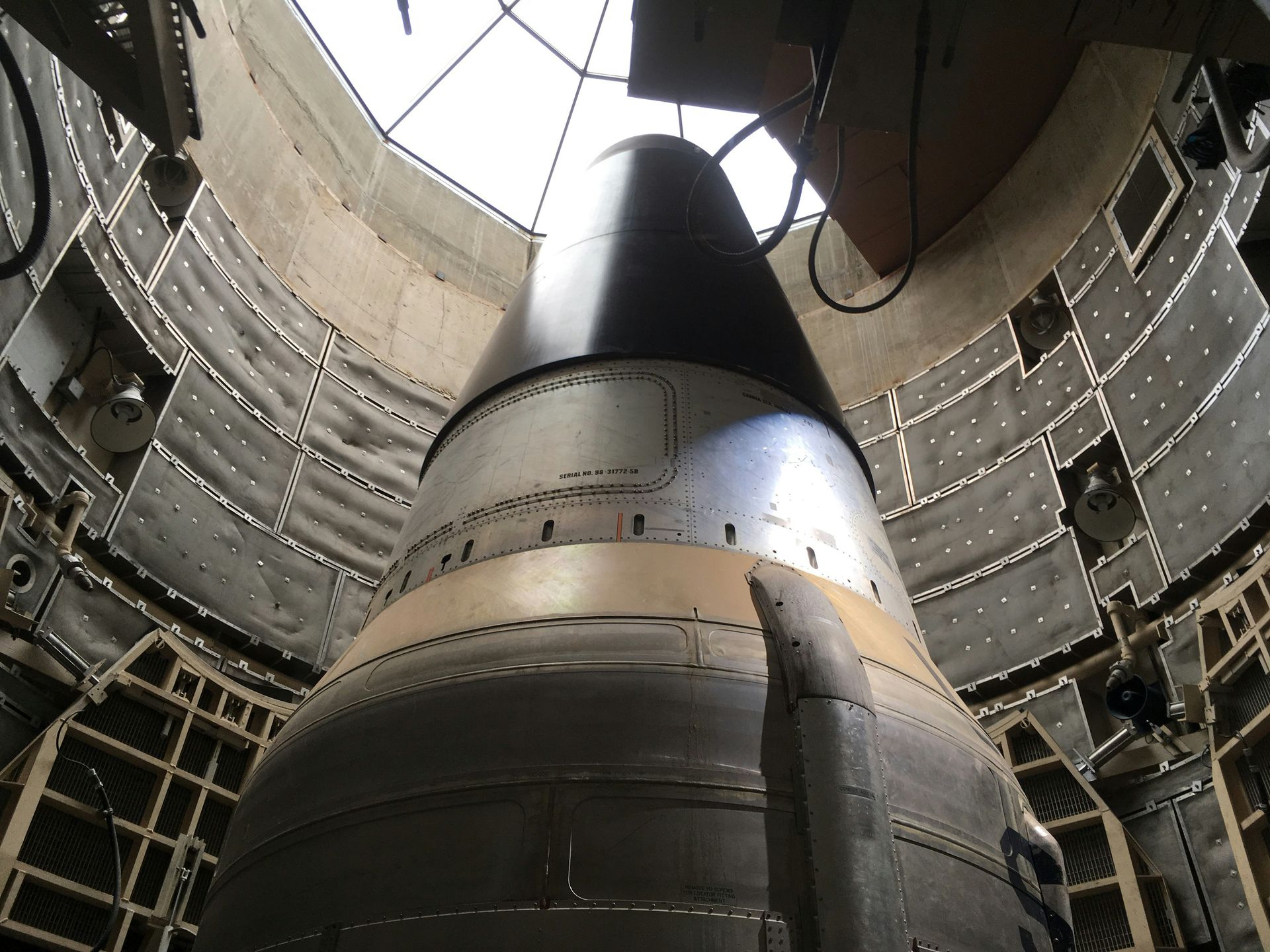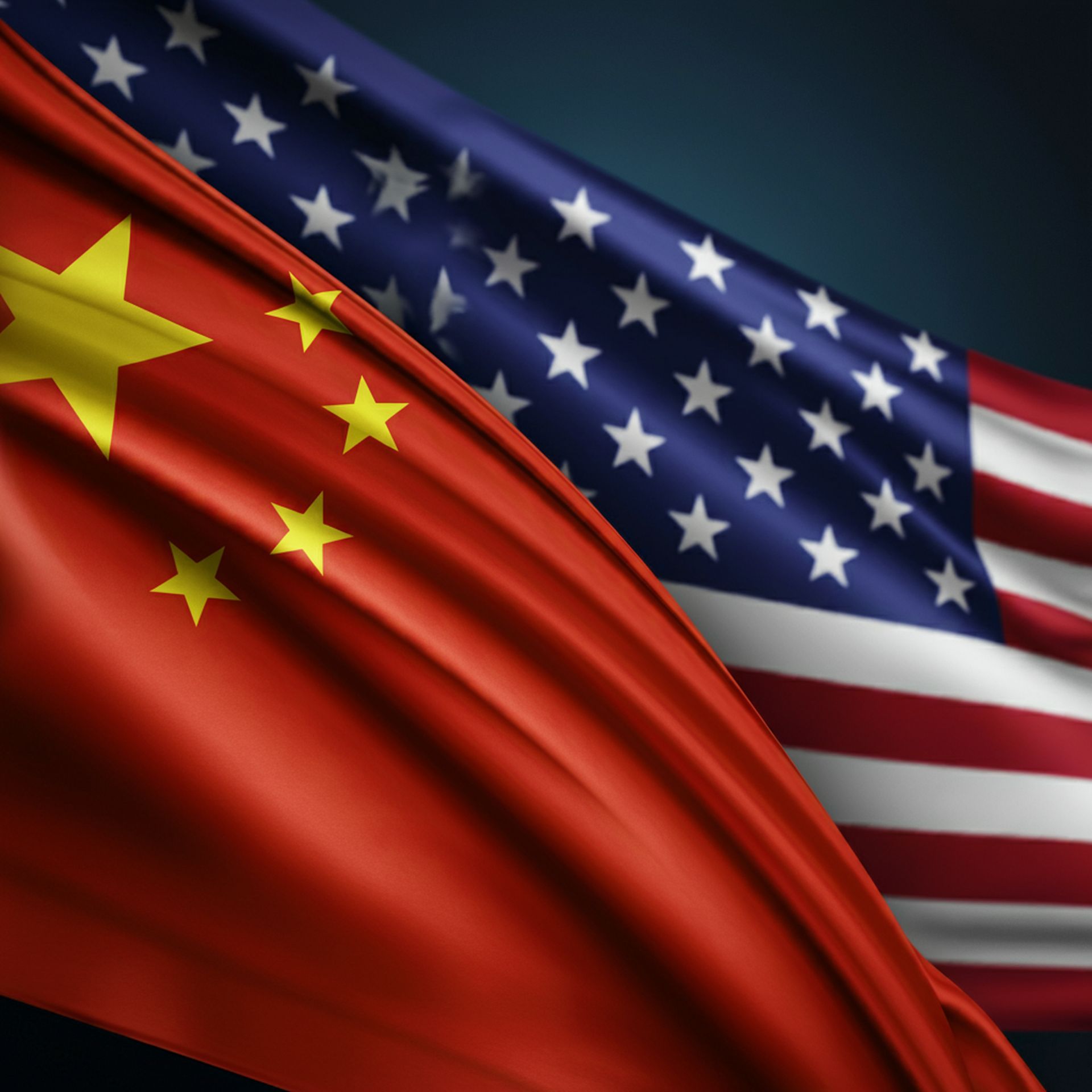Biden and Xi agree on human control of nuclear weapons

US President Joe Biden and Chinese President Xi Jinping reached a historic consensus during their recent meeting, emphasizing that decisions regarding the use of nuclear weapons must be managed by humans rather than artificial intelligence.
On November 16, 2024, at the Asia-Pacific Economic Cooperation (APEC) summit in Lima, Peru, the two leaders reiterated their stance that human oversight is essential in critical areas affecting global security. The White House stated, “The two leaders affirmed the need to maintain human control over the decision to use nuclear weapons.” This is the first time China has articulated this position, marking a pivotal moment in US-China relations.
The context of this agreement is crucial. Recent estimates indicate China’s operational nuclear warhead count at approximately 500, with projections suggesting it could escalate to over 1,000 by 2030. In contrast, the US and Russia possess 1,770 and 1,710 operational warheads, respectively. At the meeting, Biden and Xi stressed the importance of prudent development of AI technologies within military applications, reflecting a growing recognition of the potential risks posed by AI systems.
 China’s nuclear warhead count is projected to exceed 1,000 by 2030, compared to the US and Russia’s 1,770 and 1,710 warheads, respectively (Image credit)
Progress on AI and nuclear arms discussions
China’s nuclear warhead count is projected to exceed 1,000 by 2030, compared to the US and Russia’s 1,770 and 1,710 warheads, respectively (Image credit)
Progress on AI and nuclear arms discussions
The agreement follows a period during which formal nuclear arms control negotiations between the US and China had been stalled. Despite a brief resumption of official-level discussions in November, expectations for comprehensive arms control talks have remained low. Jake Sullivan, Biden’s National Security Advisor, characterized the agreement as a critical first step in addressing long-term strategic risks posed by both nuclear weapons and artificial intelligence.
Employees demand Google cut ties with Israeli and other military contracts
While both countries have previously engaged on nuclear proliferation concerns, discussions surrounding the role of AI in military strategies have been less formalized. The bilateral talks held in Geneva earlier this year, dedicated to AI, notably did not include discussions regarding nuclear decision-making. Biden’s administration is advocating for continuity in the approach surrounding AI and nuclear arms, emphasizing stability as key to US-China relations.
China’s stance on Taiwan and bilateral relationsDuring the Lima summit, Xi Jinping reiterated China’s commitment to maintaining sovereignty and stability amid tense US-China relations. He specifically cited Taiwan as one of four “red lines” that must not be crossed in discussions between the two powers, stressing that this issue, along with democracy and human rights characteristics of governance, are vital to China’s national interests.
Xi’s statements come as he voiced willingness to engage with the incoming administration of Donald Trump, emphasizing cooperation despite existing tensions. The Chinese leader highlighted, “China is ready to work with the new US administration to maintain communication, expand cooperation and manage differences.” These comments come in light of the uncertainty surrounding future US policies, especially concerning Xi’s continuity strategy against pressures related to Taiwan and other geopolitical issues.
Biden conveyed concerns regarding China’s interactions with both North Korea and Russia during the talks, highlighting the need for China to influence North Korea to deter military support to Russia amid its ongoing conflict with Ukraine. The conflict over Taiwan remains a particular point of contention, with Biden emphasizing the need to navigate US-China relations prudently.
 Image created by Emre Çıtak via Google Image FX
US-China trade and technology tensions
Image created by Emre Çıtak via Google Image FX
US-China trade and technology tensions
The meeting also covered contentious trade issues, particularly regarding Biden’s export controls on sensitive technology that have been a point of criticism from China. Xi expressed that restrictive policies, implemented to secure advanced tech, could undermine mutual development opportunities. He stated that “only mutually beneficial cooperation can lead to common development” and rejected the notion of protective trade barriers as detrimental to a major global power’s aspirations.
The Biden administration’s export controls pertain to advanced semiconductor manufacturing tools and surveillance technologies, pivotal in maintaining a competitive edge in AI and military capabilities. Sullivan mentioned that Biden stressed the importance of continuing these trade measures, as they are fundamental to US national security strategies against perceived threats from Chinese technological advancements.
As both leaders addressed the complexities of their relationship during this transitional period, the conversation indicated a desire from both sides to stabilize interactions amid evolving geopolitical challenges. The commitment to human control over nuclear weapons underscores an awareness of the importance of leading with caution in matters of significant consequence.
Featured image credit: Stephen Cobb/Unsplash
